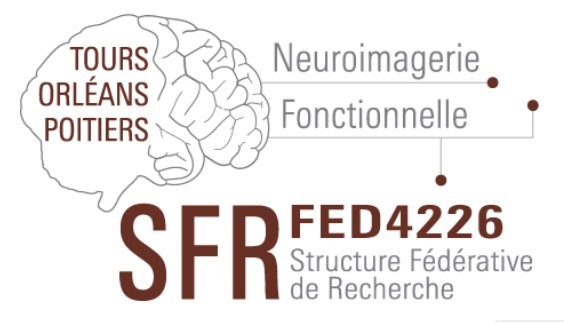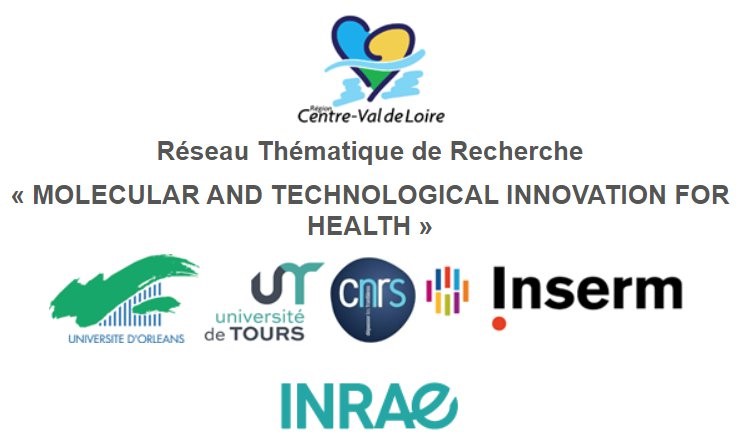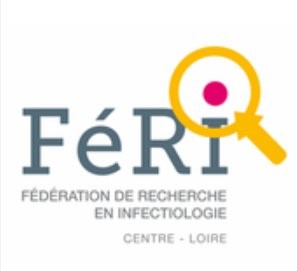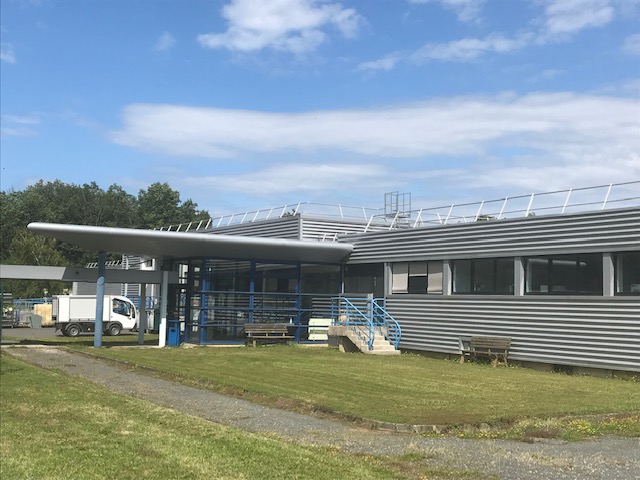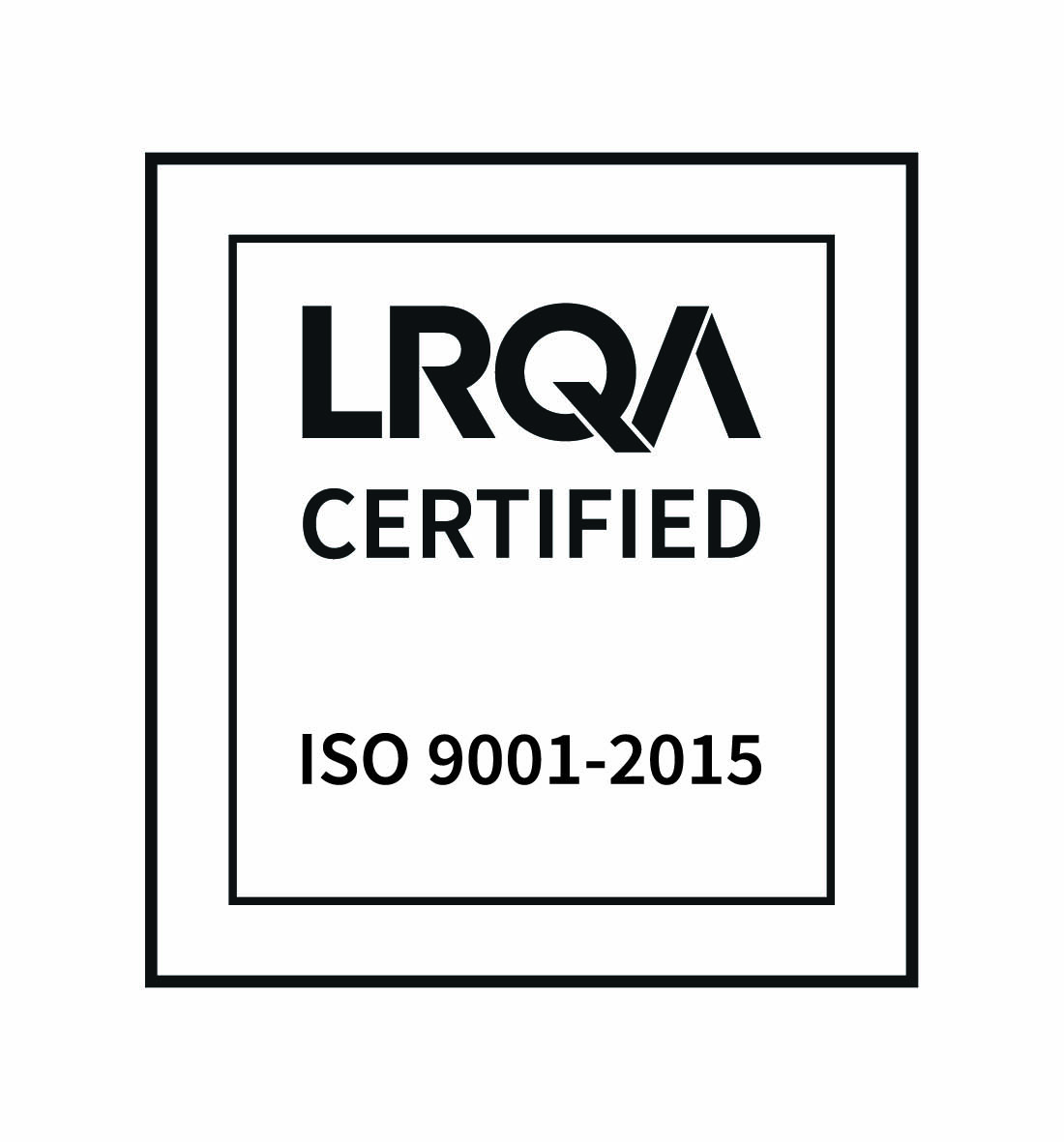

Joint Research Unit (UMR)
Experimental et Molecular Immunology et Neurogenetics (INEM)
Experimental et Molecular Immunology et Neurogenetics (INEM)
.
History
The INEM laboratory, stemming from the IEM (Immunology and Molecular Embryology, UMR6218), was created in 2012 and renewed in 2018, with a new constellation of young or already well-established teams. Joint research unit labeled by the CNRS and the University of Orleans (UMR7355), INEM is located on the CNRS campus in Orleans. It includes around forty people, with 27 permanent staff (10 HDRs, Researchers, Teachers- researchers, hospital practitioners, administrative and technical staff), contractors (post-docs, engineers) and 6-8 PhD students.
INEM is devoted to developing and studying mouse models of human diseases in the field of immunology and neurogenetics in order to understand the molecular mechanisms involved. The pathologies studied include lung infection and inflammation, asthma and pulmonary fibrosis, and on the other hand neurodevelopmental diseases linked to environmental exposures to toxins or pesticides.
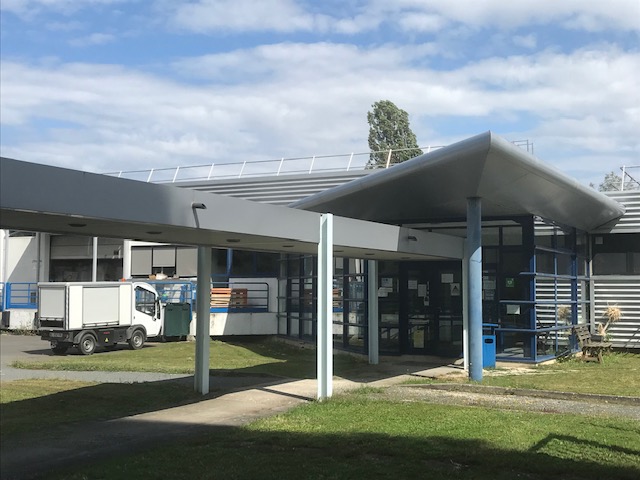
Lorem ipsum dolor sit amet, consectetur adipiscing elit. Ut elit tellus, luctus nec ullamcorper mattis, pulvinar dapibus leo.
Scientific Objectives
The scientific objectives of the UMR7355 INEM « Experimental and Molecular Immunology and Neurogenetics » are the study of the molecular and cellular mechanisms involved in host-pathogen relationships, pulmonary inflammation, the genetics of autism and mental deficiencies and in neurotoxicity processes during development. We are developing a common transversal project in Neuro-inflammation. We analyze the mechanisms involved in certain pathologies, which allows us to identify and validate molecular targets of interest.
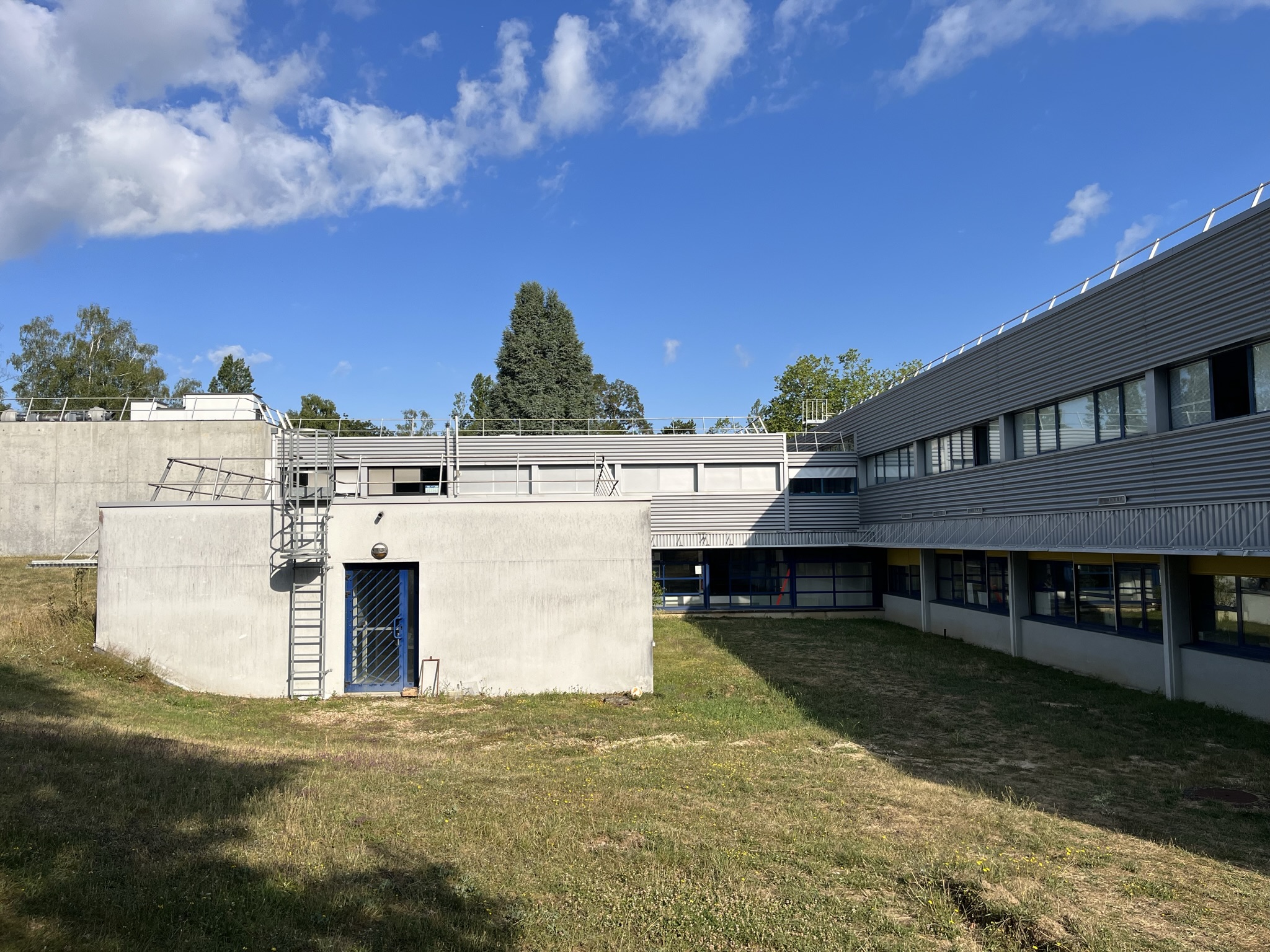
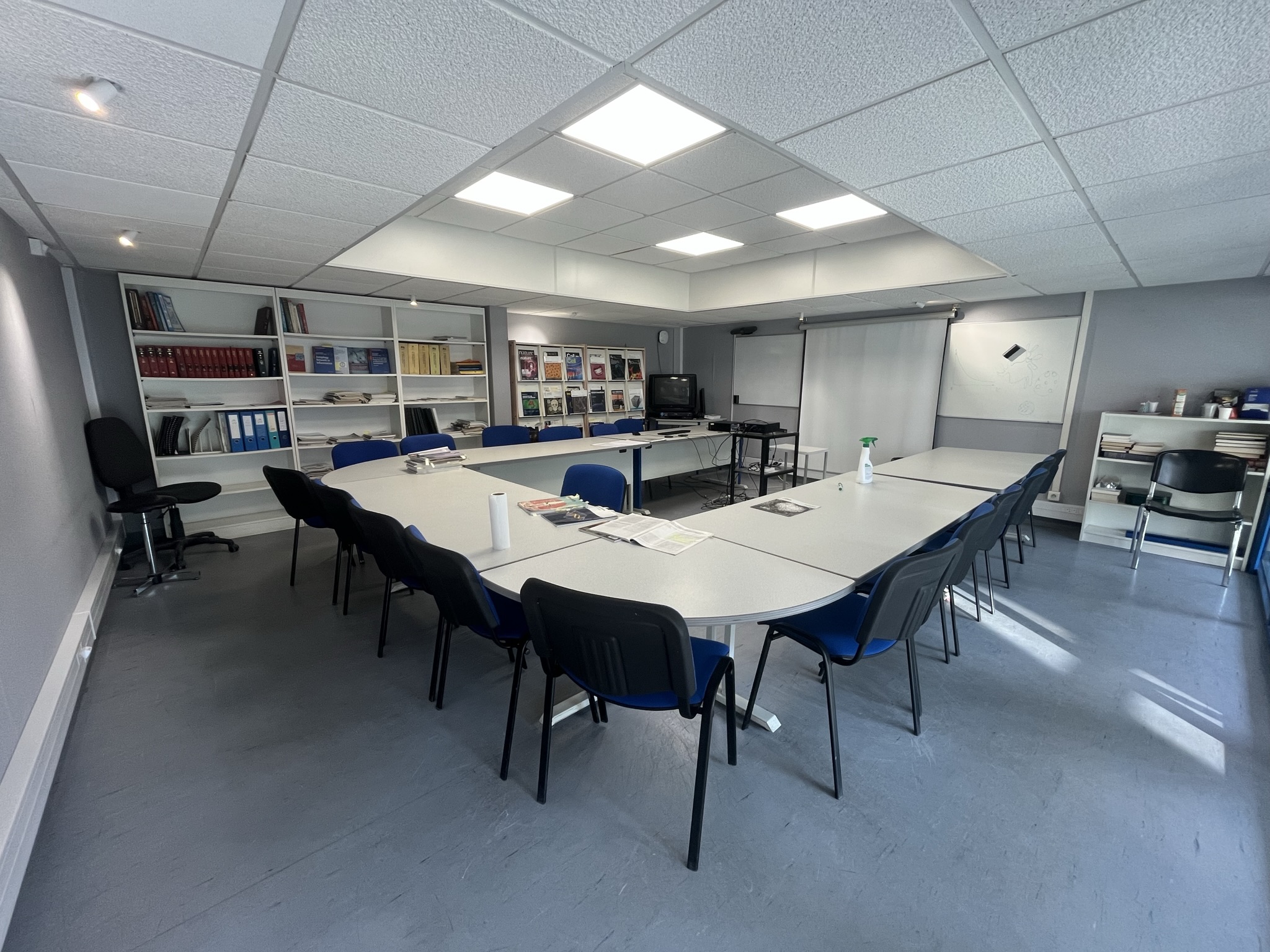
.
Our mission
Improve our knowledge of physiological, immunological and inflammatory mechanisms at the fundamental level, but also to transfer this knowledge into relevant models for the testing of drug candidates, as well as support student training, from the university (Master and PhD programs) as well as among the youngest by participating in the EDIFICE program. We are also keen to support lifelong training with in particular internships as part of Pôle-Emploi training; Our laboratory thus trains not only a large number of interns and students (>140 interns over the 2016-2021 period), but also their first fixed-term employment (22 over the 2016-2021 period), half of which led to permanent public positions or CDI in the private sector.

.
Interactions avec l'environnement économique et social
L’expérience de l’industrie pharmaceutique et de la médecine fait que nous sommes très attentifs à transférer ces connaissances fondamentales en modèles pertinents pour le test de candidats médicaments. Nous avons des interactions soutenues avec le monde de l’entreprise, la valorisation et la recherche clinique. Depuis 2010 nous accueillons l’entreprise Artimmune, SAS (CEO F.Trovero / Chef de projet N. Segueni) fondée à partir de l’expertise et des recherches menées au sein des équipes d’immunologie, qui compte actuellement 7 personnes en CDI dont chef de projet, ingénieurs et assistant-ingénieurs, plus doctorants sur contrat en partenariat avec l’unité de recherche. Suite aux brevets déposés dans le domaine de l’X fragile, la première déclaration de médicament orphelin a été obtenue cette année au CNRS par l’équipe « Neurogénétique » de Sylvain Briault, et un essai clinique est en cours de montage. Les partenariats mis en place contribuent efficacement aux recherches de l’unité et à sa notoriété : Les 2 LIA mis en place avec l’Afrique du sud et le Brésil sont l’objet de collaborations effectives autant en nombre d’échanges d’étudiants et de chercheurs qu’en nombre de publications conjointes. Plusieurs des membres fondateurs et scientifiques séniors étant médecins et/ou issus de l’industrie pharmaceutique (Sandoz, Ciba-Geigy, Novartis) ou biotech (Key-Obs), notre démarche est largement axée vers la médecine expérimentale. Nous développons des modèles murins de pathologies humaines, tant dans les domaines de l’inflammation, de l’infection que de la neurobiologie.
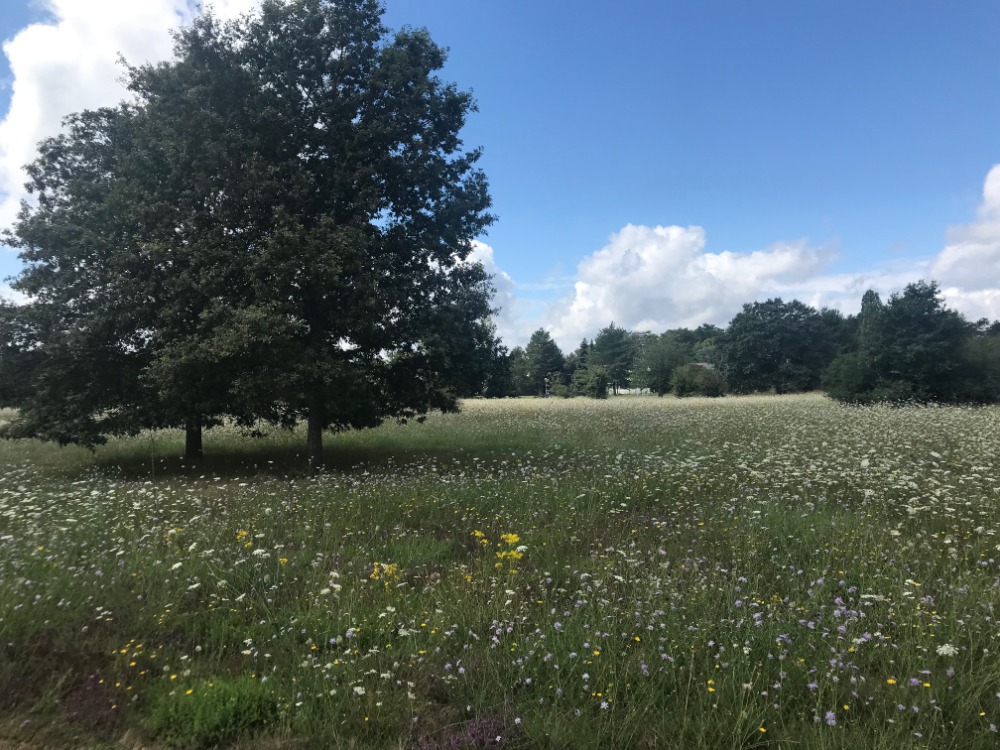
Plusieurs des membres fondateurs et scientifiques séniors étant médecins et/ou issus de l’industrie pharmaceutique (Sandoz, Ciba-Geigy, Novartis) ou biotech (Key-Obs), notre démarche est largement axée vers la médecine expérimentale. Nous développons des modèles murins de pathologies humaines, tant dans les domaines de l’inflammation, de l’infection que de la neurobiologie.
